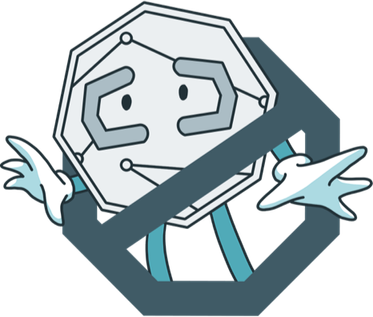OpenAI’s ChatGPT service experienced service interruptions following a Distributed Denial of Service (DDoS) attack. The incident, which occurred this past Wednesday, became a public concern after OpenAI acknowledged the disruption caused by an overload of internet traffic in an official update on Thursday.
The Attack Dynamics
The service outages began late Tuesday evening, with irregular performance reported around 10:52 p.m. EST. Although OpenAI initially restored service by midnight, interruptions resumed, signaling an ongoing battle with the cyber onslaught. OpenAI’s status updates indicated multiple periods of degraded performance, affecting both their ChatGPT API and web interface, with the most prolonged outage lasting nearly two hours on Wednesday morning.
A group named Anonymous Sudan, with alleged ties to Russian-backed operatives, has taken responsibility for the attack. Their declaration on Telegram suggests the attack was in retaliation to perceived support by OpenAI for Israel, as cited by a Bloomberg report.
Understanding DDoS: A Cybersecurity Perspective
A DDoS attack is a malicious attempt to make an online service unavailable by overwhelming traffic from multiple sources. David Schwed, COO at Halborn, a blockchain cybersecurity firm, elucidated the analogy of DDoS as overwhelming a phone line with excess calls, rendering the service unusable. These attacks are particularly challenging to counteract due to their distributed nature, emanating from varied geographic locations and numerous devices, making traditional IP filtering defenses ineffective.
Experts note that while such cyber threats are relatively new to AI services, the blockchain industry has contended with them for some time, with prominent networks like Solana undergoing similar disruptions in recent years.
Impact and Response
The ramifications of the attack were quickly noticed as services were unavailable to users, causing a ripple effect across operations dependent on ChatGPT’s AI functionalities.
Service providers now face the challenge of discerning between legitimate traffic and bot-generated loads. This task becomes more daunting with the increasing sophistication of botnets and IoT-based attacks. Despite the escalating threat landscape, the Solana Foundation has reported marked improvements in network resilience, emphasizing a “100% uptime” since earlier this year.
The recent interruption to ChatGPT’s service is a stark reminder of the persistent vulnerability of digital services to cyber warfare and the need for ongoing vigilance and advanced protective measures in cybersecurity practices. The incident highlights the escalating scope of targets chosen by cybercriminals and the potential for significant disruption of emerging technologies increasingly integrated into business and everyday use.
OpenAI’s experience underscores the importance of robust cybersecurity defenses and rapid incident response capabilities in maintaining the continuity of digital services.





